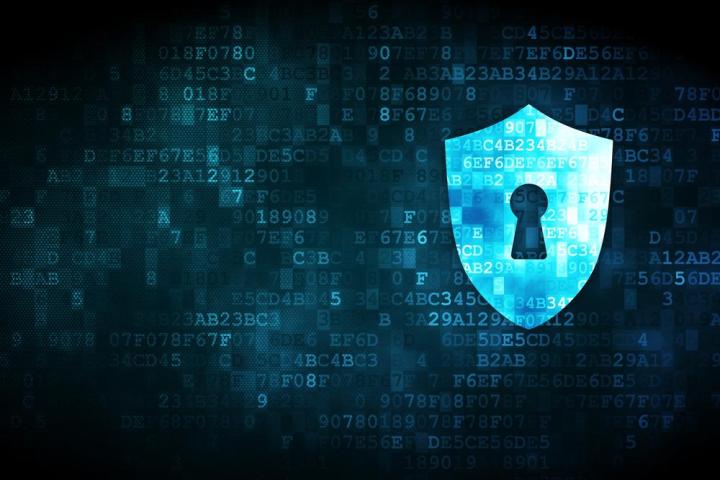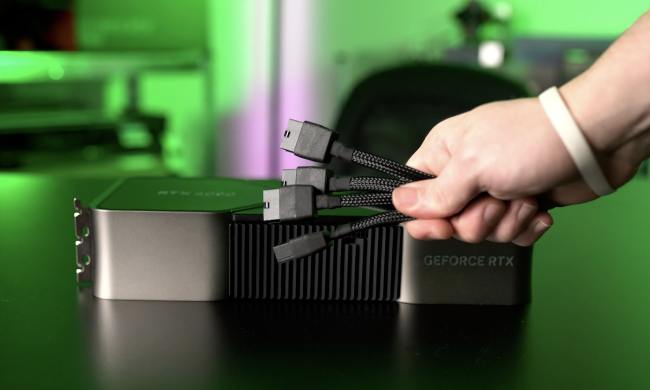
The GCHQ-endorsed courses were, in the opinion of the intelligence agency, “judged to provide well-defined and appropriate content, delivered to the highest standard.”
The move forms part of the UK government’s wider National Cyber Security Program, which launched in 2011 in an effort to keep one step ahead of hackers intent on causing havoc inside government institutions and critical industries.
Cabinet Office minister Francis Maude said the government’s cyber security program is part of its long-term plan for the British economy.
“We want to make the UK one of the safest places in the world to do business online,” Maude said in a statement, adding that its work with GCHQ and other government departments would help the nation “counter threats and ensure together we are stronger and far more aware.”
Cyber cop shortage
It was reported earlier this year that many governments and businesses are in desperate need of skilled workers in the field of cyber security, so a related graduate degree from one of the accredited universities – Oxford, London, and Edinburgh Napier among them – should guarantee enthusiastic candidates their first step on the online security career ladder.
Telcommunications multinational British Telecom (BT), for one, is on the lookout for new talent in the field of online security, with company president Mark Hughes keen to hire skilled individuals.
“At BT we are acutely aware of the impact of the UK cyber skills gap and recruiting the right people with the right knowledge and skills is a big deal for us,” Hughes said. “As a leading Internet service provider, we want to employ the very best. That is why we welcome GCHQ’s certification of Master’s degrees in Cyber Security.”
GCHQ activities
GCHQ’s intelligence-based activities recently hit the headlines when the government’s most senior security official explained how it monitors communications on social networks – including ‘private’ direct messages on Twitter – in some cases when there hasn’t even been any suspicion of wrongdoing.
Whilsteblower Edward Snowden has also been busy leaking documents exposing various GCHQ activities, including its alleged collection of “substantial quantities of sexually explicit communications” from Yahoo users’ video chats.


